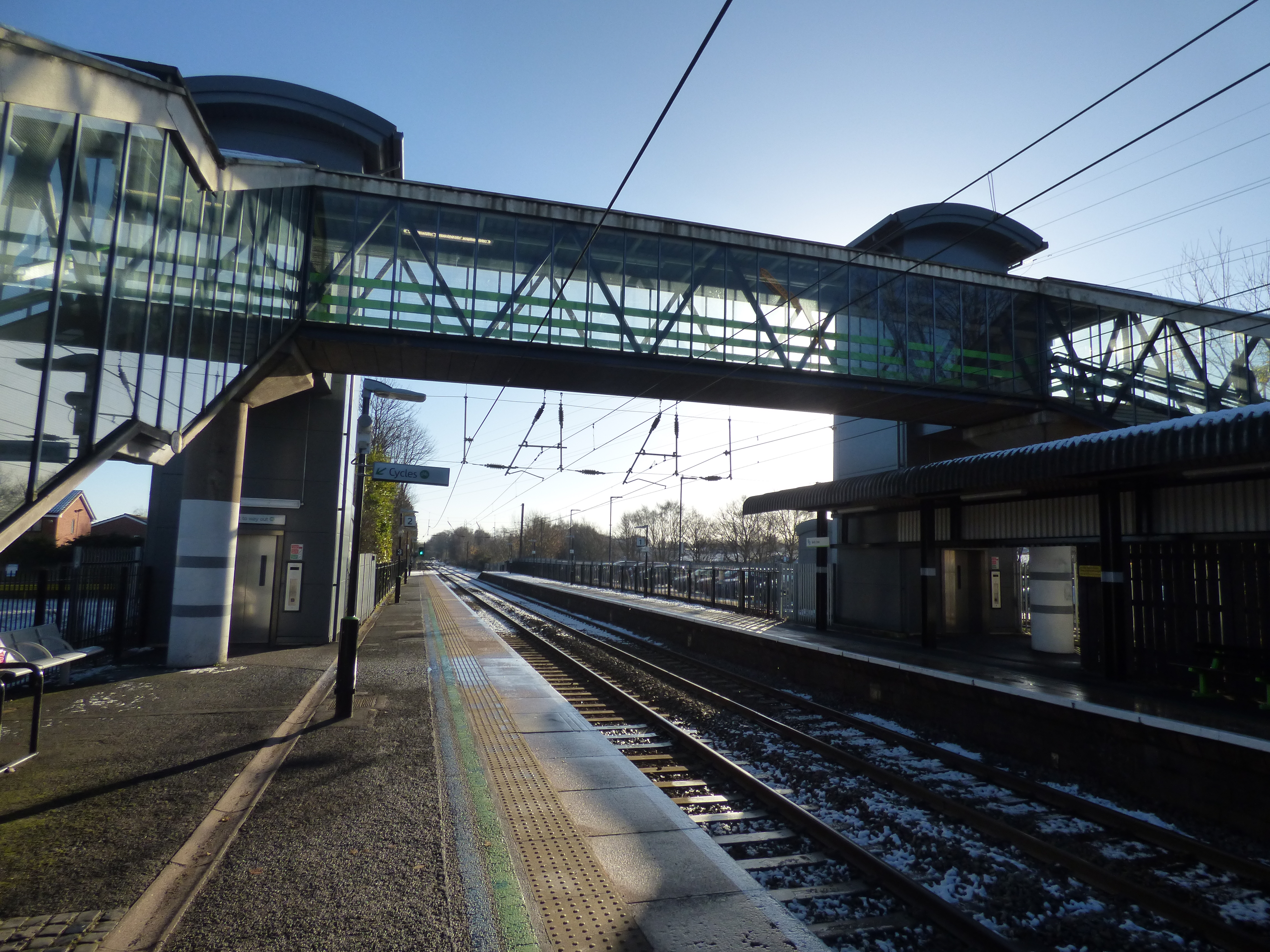
Cities should not have to accommodate the constant demands of growing British universities, argues Alex Cirant-Taljaard
On the front page of the previous issue of Redbrick, the details of the Universities plan for new accommodation to be built on Pritchatts Road were laid out, alongside the strong resistance from Birmingham City Council. One might assume that, as a student, I would be in favour of the plans. The state of housing in Selly Oak is dire, and some new purpose build accommodation to add to the 7,000 the University owns may be exactly what we need. However, it is not as clear cut as that. More housing for students isn’t necessarily always a good thing, especially not for the local area. I think its important to think about the wider impact of continuously expanding the boundaries of the student area, and the negative effects it has on the local community.
More housing for students isn’t necessarily always a good thing
Selly Oak and areas of Edgbaston have in the last 20 years undergone a dramatic process of ‘studentification’, which housing academic Phil Hubbard explains as the ‘influx of students within privately-rented accommodation in particular neighbourhoods’. Selly Oak is one such neighbourhood, the majority of which is over 90% student occupied. Selly wasn’t always a student area, and traditionally UoB students tended to live nearer to Weoley Castle and Bournville. However, as the numbers of students enrolling rose exponentially, demand for cheap accommodation boomed, leading to the buying up of houses for the purpose of subdivision and student letting. It is clear just from glancing at my bedroom that it was not originally supposed to be for that purpose, and many other students live in houses which have been refitted in such a way. This would not be such a problem if it weren’t for the proliferation of flimsy partition walls and badly built extension which sap the heat out of houses, leading to huge energy price increases.
Alongside a sharp downturn in housing quality, studentified areas also become inhospitable to non-students, even those who have lived there all their lives. Most student’s body clocks are warped so massively that someone yelling nonsense outside your window at 3am probably won’t phase you, because you’re likely still awake cramming for exams or watching Hell’s Kitchen. But imagine being a normal person and having to live next door to a student. I’d hate to live next door to myself, I’m awful. There’s lots we can do as students to make things nicer in our local area but ultimately a number of students this high is always going to have a major impact on the community. I mean, its no wonder so much crime happens in Selly, its probably got the highest density of Mac Book Pros in the West Midlands.
There is a streak of imperialism running through contemporary higher education
Demand has skyrocketed in part due to the lifting of the student admission cap, with enrolments at UoB rising by nearly 1,000 in the last five years. But, if numbers are up, and students are being crammed into tighter and tighter spaces, wouldn’t purpose built accommodation be the answer? No, not really. I mean it might help the university, but, and this may well be news to certain people in the upper echelons of the UoB hierarchy, not every is about what is best for the university. Birmingham isn’t just the city which UoB happens to be in. It is its own city with a rich history, yet it has become a host to several universities. This isn’t a Birmingham specific issues either. There is a streak of imperialism running through contemporary higher education, with large swathes of land bought up for student use. So, yes, maybe these new townhouses would help relieve some of the strain. But, ultimately they’re still feeding in to the larger problem. Plus, despite the official line being that UoB is ‘not aiming at the highest price possible’, something tells me a townhouse right outside the University is going to be a little bit financially out of reach for many students.
We may end up cutting working class kids out of higher education entirely
What is the solution then? This tension between city and university will not let up on its own, and UoB is continuing to fight to ensure its plans come to fruition. Already the Vice Chancellor has stated he intends to cap student numbers, but it feels like that ship has already sailed. In drastically reducing student numbers, however, I worry we may end up cutting working class kids out of higher education entirely, as universities tend to favour those from well-off backgrounds. Maybe, we should campaign to stop sixth-forms and colleges from cramming the idea of universities down students throats. It is not the be all and end all of human experience, and there are plenty of non-HE opportunities. I can’t count how many times I’ve met someone at university who says they only attended because they weren’t sure what else to do. The only thing that is certain is that at the current rate, UoB’s influence will continue to spread throughout the city, with little thought for the impact it is having on Birmingham residents. Sure, UoB have just signed up for to the ‘Civic University Agreement’, which will mean that UoB will have a role in solving many of Birmingham’s biggest problems. But, in my eyes, UoB is one of Birmingham’s biggest problems, and I question how useful this agreement is until universities like UoB start taking a good look at the impact they have had, and continue to have, on local communities.

Comments